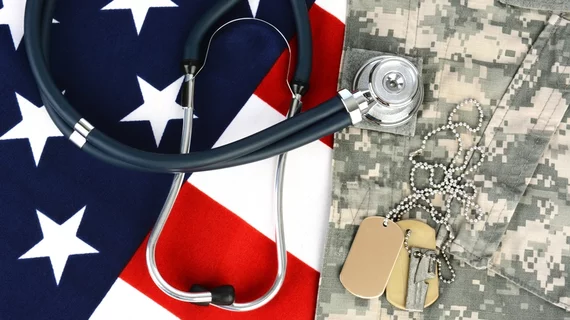Improperly delayed, cancelled imaging exams put many VA members at risk, report shows
Backlogs, breakdowns and mismanagement across the board resulted in the cancellation of tens of thousands of imaging orders at Veterans Affairs hospitals across the U.S., according to an audit reported on Dec. 11, by USA Today.
The auditors found VA staff did not abide by guidelines for nearly 106,000 requests for radiology and nuclear medicine tests, resulting in tests that were delayed or not performed altogether. This went on from September through December 2017, according to USA Today.
Although the audit found that no veterans were harmed, it also noted many were put at risk. That includes one former service member who waited 42 days for an MRI after a CT scan showed he had a brain lesion. That test was scheduled more than one month after it was ordered, instead of the typical two week window, after a doctor called to look into the delay.
Jeffrey Dettbarn, a CT technologist who raised the alarm at the Iowa City VA, told USA today that he feels vindicated.
"I feel justified in speaking out," Dettbarn told the news outlet. "I look forward to seeing the accountability for those responsible and that the veterans receive the care they’re entitled to."
Read the entire story below.

